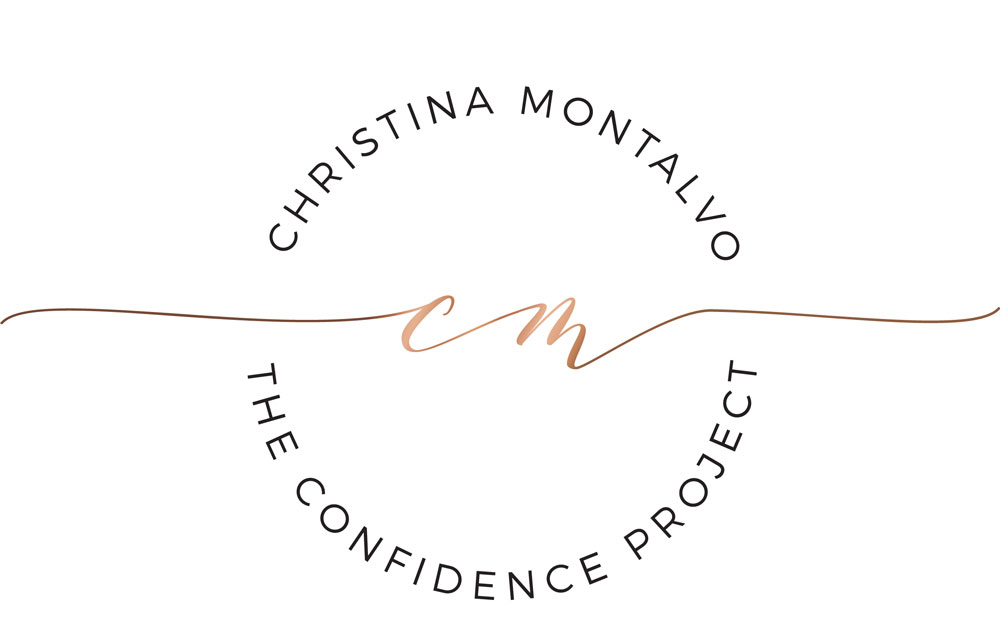“You can’t manage what you don’t measure.”
-Peter Drucker
Getting familiar with your finances is one of the foundational steps to gaining control over your personal money management.
You’ll want to revisit your accounts if there’s ever a lifestyle shift that makes your money move differently:
- You lost a job
- You got a raise or new job
- Expenses increased
- Expenses decreased
- You want to go on vacation
- You want to increase savings or investment goals
This means you may work your way from once-per-week for a few years, down to bi-monthly, back up to weekly, down to monthly, back up to bi-monthly, etc.
It is meant to be in flux because money is always in flux and we humans are always in flux.
What to do when looking at your accounts:
- look at each transaction. Make a mental note of why each transaction happened (check out my color-coding system)
- cancel unwanted or unused subscriptions
- move money from checking into savings; better yet, set up auto-transfers
- watch for spending trends
- stop overspending before it happens
I recommend folks look at their accounts weekly for at least a full year, but longer might be best depending on your relationship with money (which begins around age 7, so it’s a long, messy relationship for many of us.)
After at least one year of checking your accounts weekly, you should have:
- a spreadsheet or some sort of bookkeeping system set up
- less money spent on things you don’t actually value longterm
- less worry, anxiety, and self-doubt around your finances
- more money in your savings accounts
- smaller balances on your credit cards
- more money in your investments
- more familiarity with your own personal money flow (example: first half of the month is always tight, second half of the month, I have $700 left over!)
- more enjoyment from the things you do buy
Once your money feels like less of a mystery, your automations are set up, your spending is under control, and you’re feeling like money is more of your lover than a total stranger, you can drop down to bi-monthly check-ins.
- Take a quick look at spending, things should be moving along in a predictable ways.
- Check that your savings and investments rates still look good
- Quick self-awareness audit: are you noticing any new trends about yourself and your life? Make speedy changes.
- Begin to sit back and relax as your money begins to move in the ways you want it to and expect it to based on what you were setting up when checking weekly
As your relationship with money continues to improve, you can drop down to monthly check-ins.
As Ramit Sethi says, “you don’t live your rich life in the spread sheets.”
The goal isn’t to obsess over your accounts and spreadsheets, but rather to buy yourself freedom, peace of mind, and a liberating responsibility.
Admittedly, I’ve never gone an entire month without checking any of my accounts. But for some folks, it works.
Because I have a variable income, I like to keep a closer eye on where and how my money is moving so I bop between weekly and bi-monthly to make sure everything is moving smoothly.
I rely on automatic transfers from accounts to do my savings and investments for me.
When I login to check my accounts, I feel like I’m checking in on my little babies- my little hard, earned dollars. I want to make sure they’re moving how they’re supposed to and to hold myself accountable for overspending, etc.
Happy money management!


